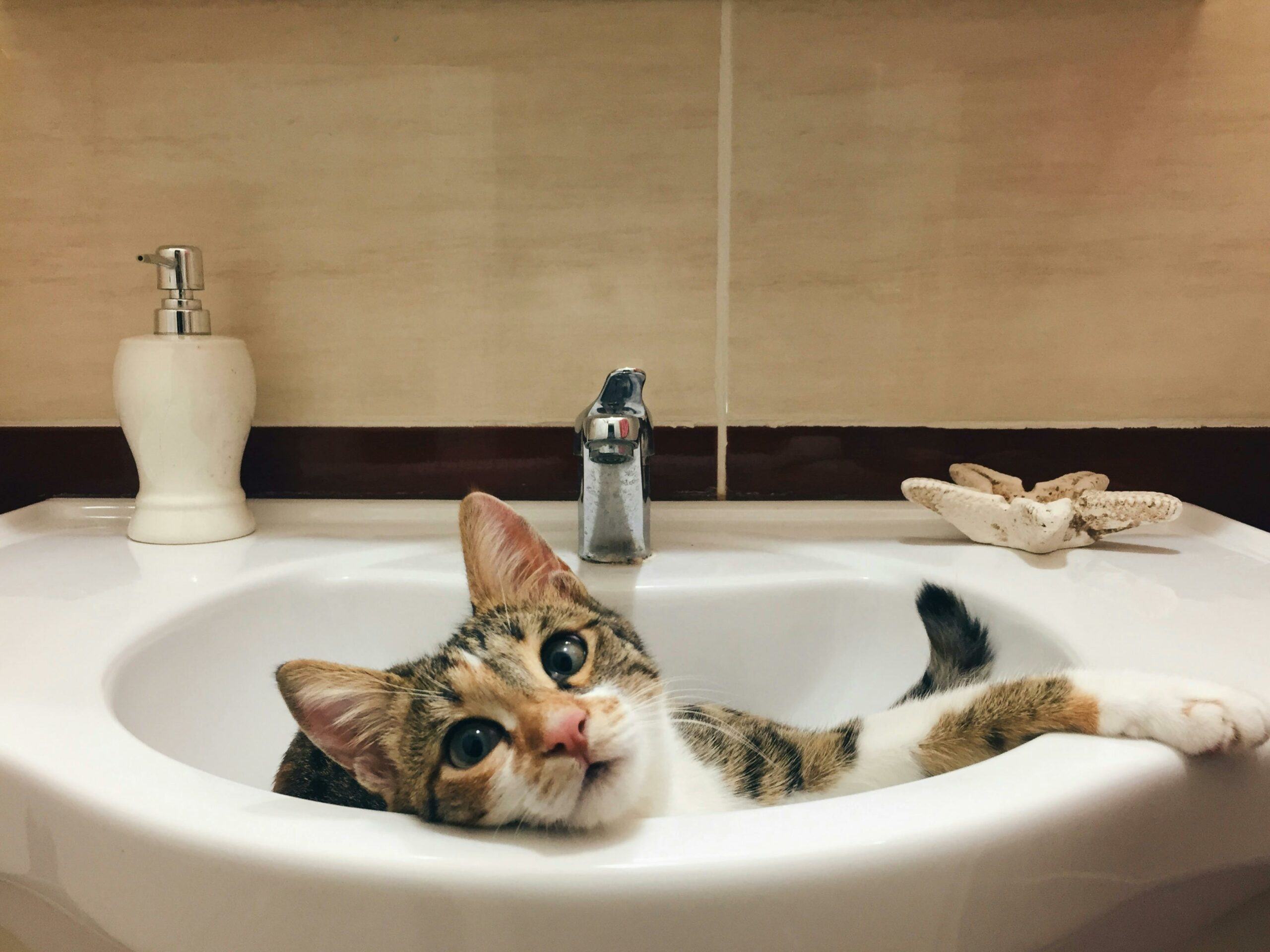
Cats are fascinating creatures with quirky behaviors that often leave their human companions baffled. One such mystery is their apparent dislike of water. While some cats enjoy splashing in a bowl or playing near a faucet, the majority seem averse to getting wet. Why cats hate water is a question rooted in their evolutionary history, sensory sensitivities, and unique grooming habits.

Evolutionary Background: A Desert-Dwelling Heritage
Domesticated cats (Felis catus) trace their lineage back to wildcats that inhabited arid regions like the Middle East. These desert-dwelling ancestors rarely encountered large bodies of water, so adapting to swim or deal with wet conditions was unnecessary.
Without evolutionary pressure to develop swimming or aquatic skills, modern cats retain this natural aversion. Unlike water-loving animals such as otters or dogs, cats never relied on water for survival, making their disdain more instinctual than irrational.
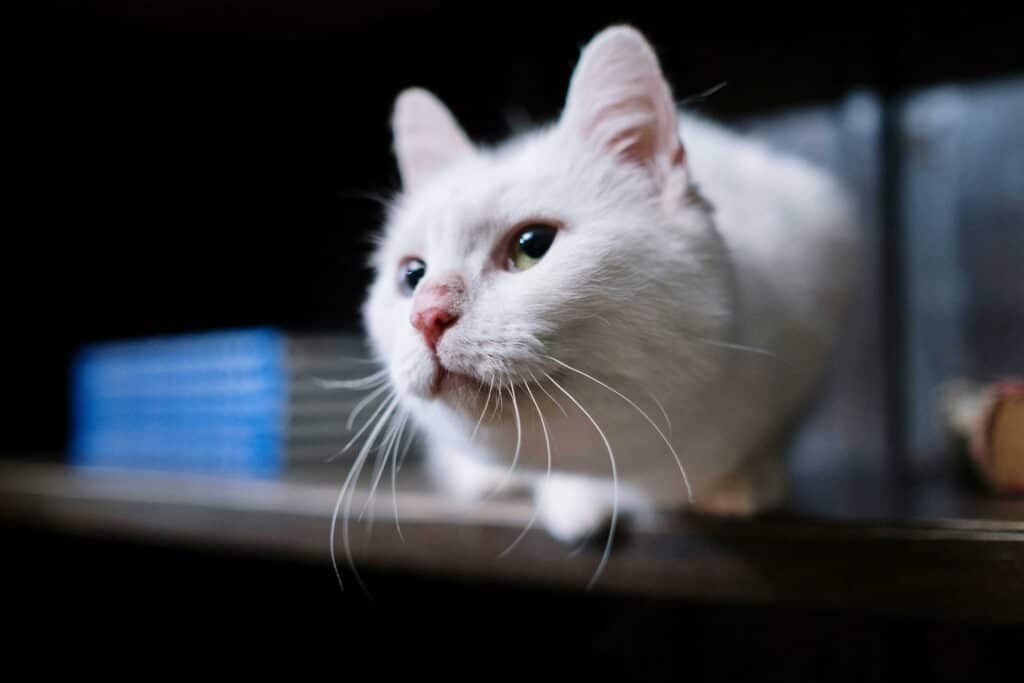
Cats and Their Sensory Sensitivities
A cat’s heightened senses are key to understanding why water feels so overwhelming.
1. Tactile Sensitivity
Cats’ fur, while insulating and water-resistant to a degree, isn’t designed for submersion. When soaked, their coat becomes heavy and takes a long time to dry, making movement uncomfortable and restricting their agility. Wet fur can also trap odors, leaving a cat feeling vulnerable to predators—a deep-rooted instinct from their wild ancestry.
2. Temperature Preferences
Cats prefer a warm and dry environment, as their thermoregulatory system is optimized for heat. Cold water not only shocks their system but also reduces their body temperature, causing discomfort.
3. Sensitive Whiskers
Whiskers are incredibly sensitive tactile organs. For some cats, splashing water can overstimulate their whiskers, creating a stressful or even painful experience.
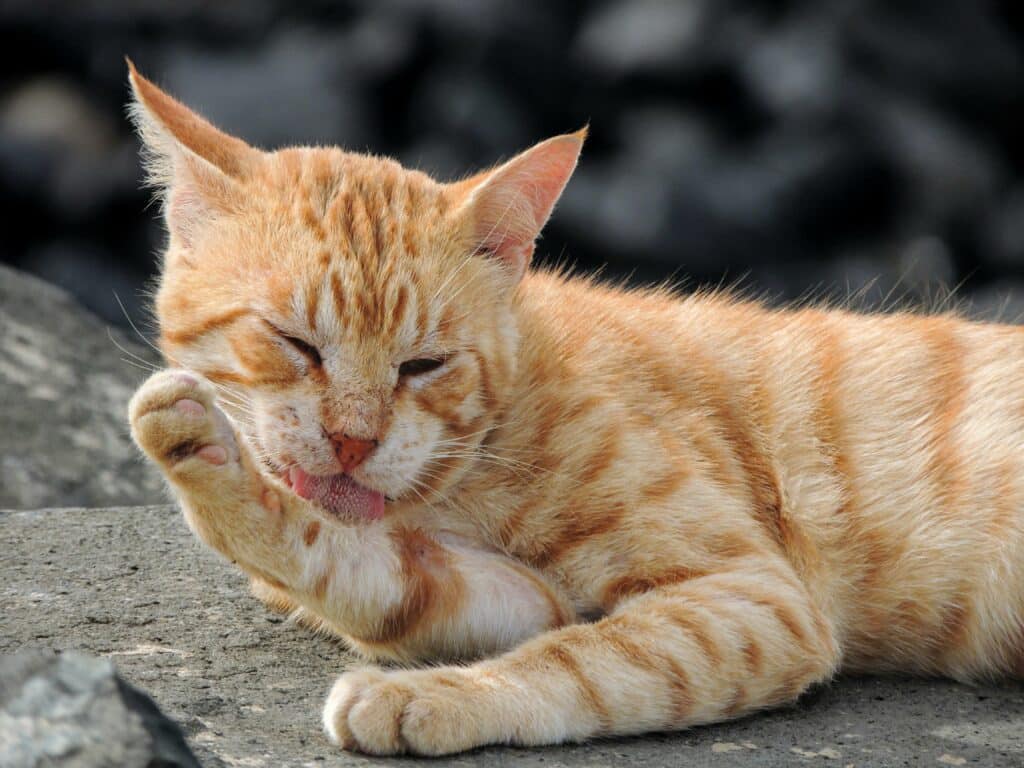
Grooming Habits: A Built-In Cleaning System
Cats are meticulous groomers, spending hours each day keeping their fur clean and free of debris. Their sandpaper-like tongues, equipped with keratin hooks, effectively remove dirt, redistribute natural oils, and keep their fur well-maintained.
Since grooming fulfills their hygiene needs, water is unnecessary for cleanliness. In fact, the scent of chemicals or soaps from water can mask their natural smell, further adding to their aversion.
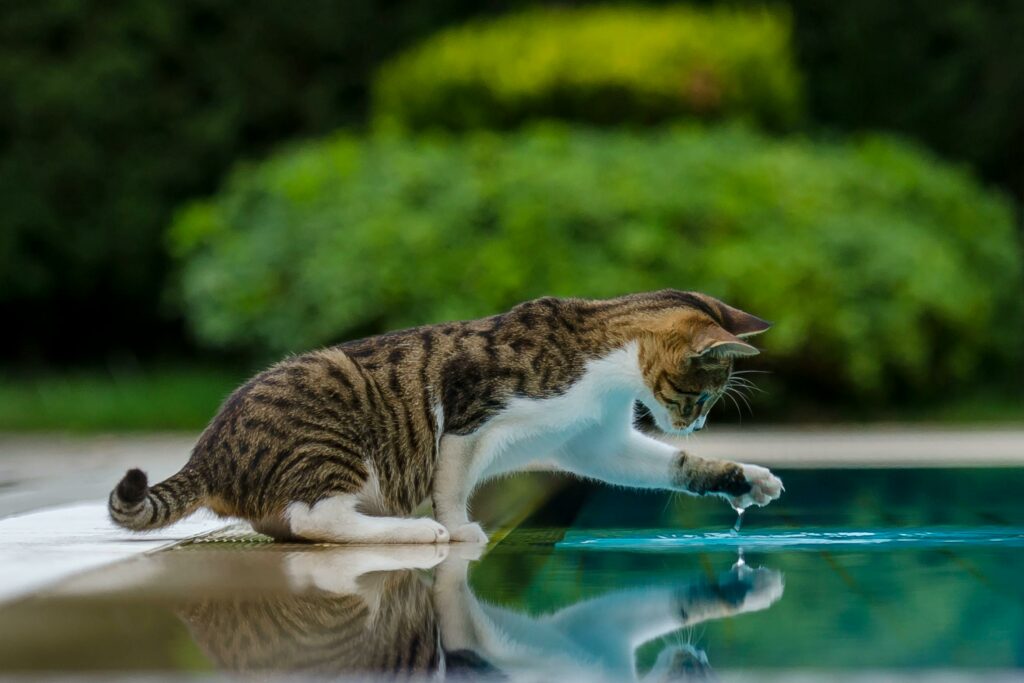
Exceptions to the Rule
While most cats avoid water, there are notable exceptions. Breeds like the Maine Coon, Turkish Van, and Bengal are known for their affinity for water. These cats may enjoy playing in shallow pools or even swimming. Experts believe this difference could be partially genetic or linked to early exposure to water during kittenhood.
Similarly, individual cats may develop water tolerance if introduced to it positively and gradually. Owners looking to bathe their cats should focus on desensitization techniques and use lukewarm water, ensuring the experience is as stress-free as possible.
The Role of Stress and Negative Associations
For many cats, fear of water stems from negative past experiences. Cats may not inherently hate water but a sudden dousing, exposure to loud running water, or being restrained during a bath can leave a lasting impression. Cats are creatures of routine, and anything unfamiliar—like being submerged—can trigger a stress response.
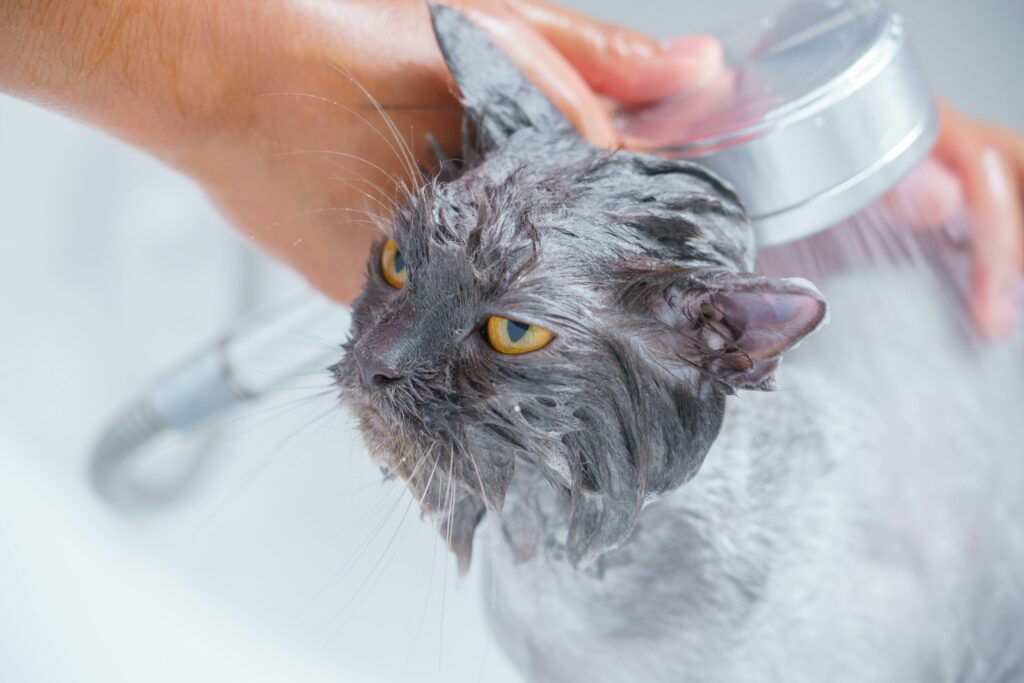
How to Handle Cats and Water
1. Bathing Basics
If bathing your cat is unavoidable, consider the following:
- Use a shallow basin with lukewarm water.
- Avoid splashing water on their face or ears.
- Keep the session short, and towel-dry them gently afterward.
2. Hydration Alternatives
Instead of baths, try cleaning with a damp cloth to remove dirt. For hydration, use fountains or dripping faucets to encourage drinking without overwhelming their senses.
3. Desensitization
Gradual exposure to water, starting with small amounts during play, can help your cat build positive associations.
Why Understanding Matters
Recognizing why cats hate water helps pet owners better cater to their needs. Respecting their instincts and preferences builds trust, ensuring a happier, less stressful relationship.
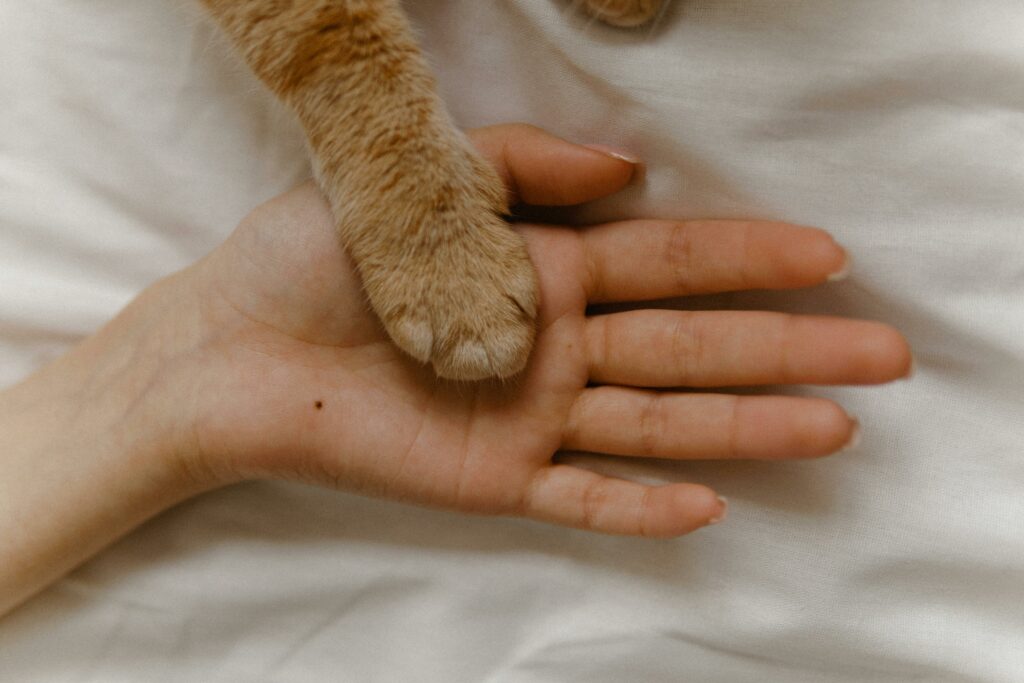
Conclusion
The dislike of water among cats is deeply rooted in their evolutionary history, sensory preferences, and self-grooming behaviors. While individual exceptions exist, most cats feel uncomfortable when wet due to physical and psychological factors. By understanding these natural instincts, owners can approach situations involving water with greater empathy and care, fostering a healthier bond with their feline companions.
References:
- The Origins Of Cats – International Cat Care
- How cat tongues work—and can inspire human tech – National Geographic
- Why Do Cats Have Whiskers? – PetMD
- Cat Breeds that Like Water – Max’s Corner
- Turkish Van – The Cat Fanciers’ Association































